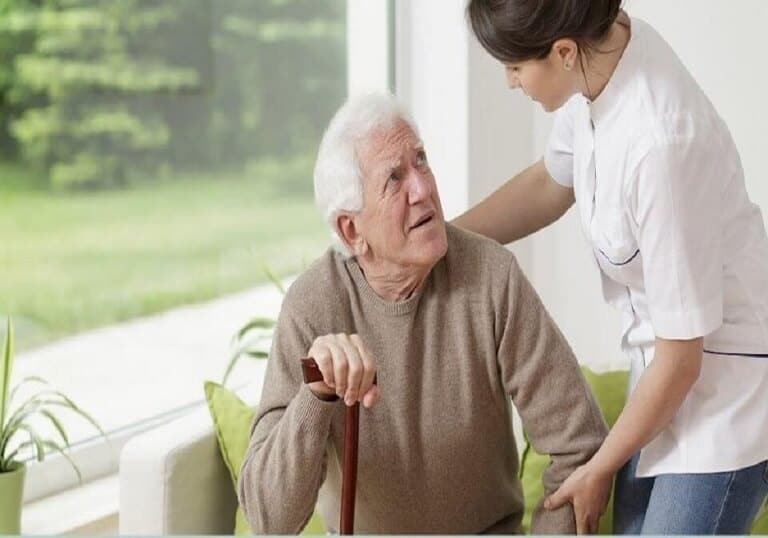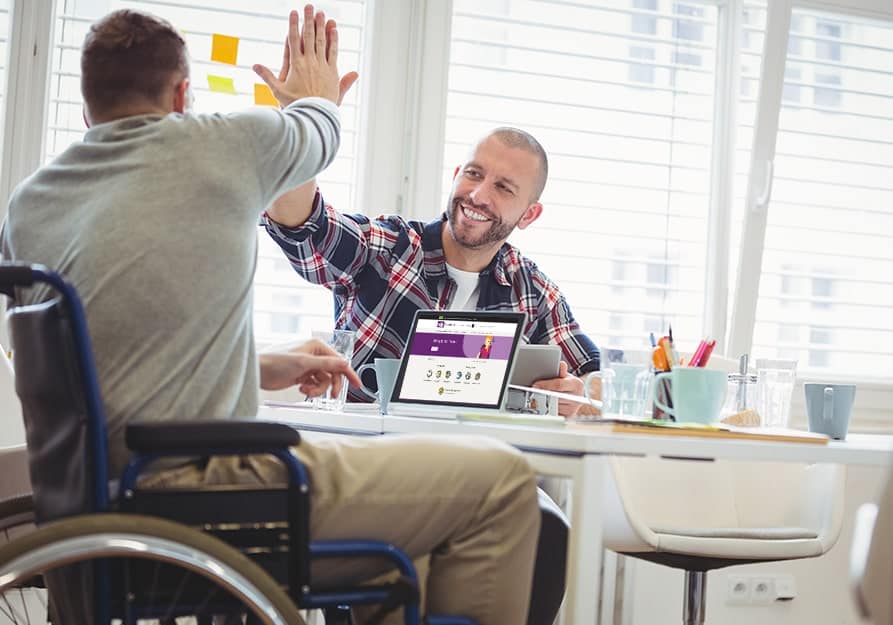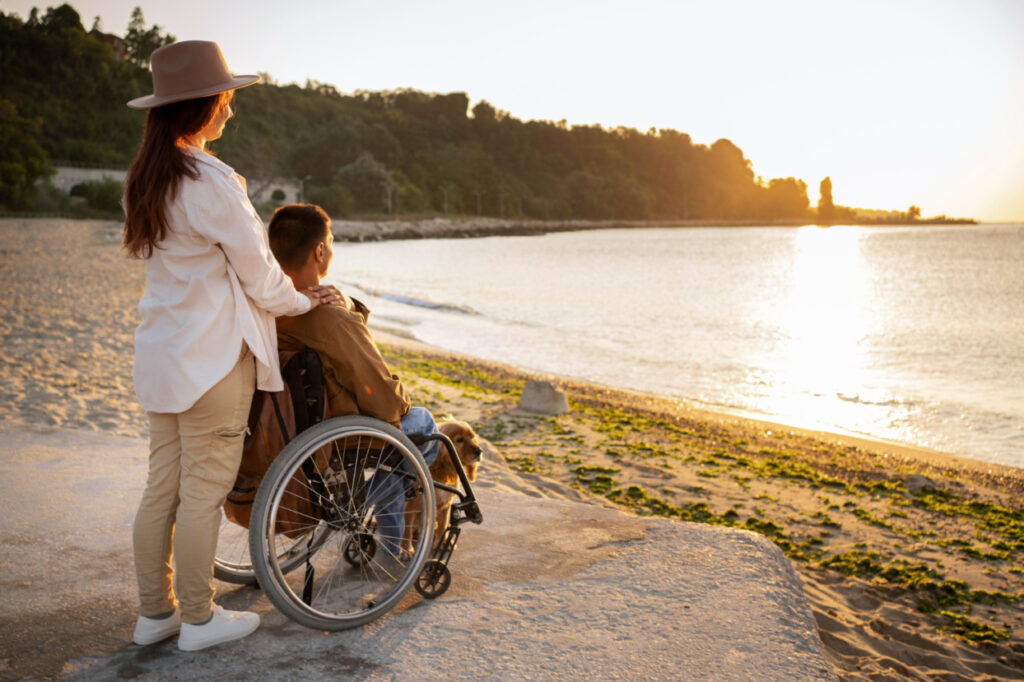The older adults are among those who are hit hardest by coronavirus contamination, which is sweeping through the entire Australia as well as the rest of the world.
As of now (23-03-20), the death toll has reached 7, with confirmed contamination cases hitting1,709.
Medical experts say the older adults are more at risk getting contaminated as their immune systems are weaker – meaning their bodies are less able to fight Covid-19.
In fact, evidence from China, where the deadly virus originated, shows one in seven of those over 80 known to have contracted coronavirus have died.
Why are the elderly more susceptible to Covid-19?
It’s older adults – aged 60 and upwards – who are more likely to get seriously ill from coronavirus.
Medics say it’s because our immune systems weaken with age, meaning an older person’s body is less able to fight Covid-19.
Dr. Hartley Jenner has said “We know that as you get older, your immune system becomes less efficient – that’s why older people are at higher risk of serious complications of coronavirus infection.
“If your immune system isn’t strong, it’s more likely that the virus can multiply deep inside your lung, causing inflammation and scarring.
“Your immune system will try and fight it off, and will often destroy healthy lung tissue in the process.
“This makes you more prone to get ‘secondary’ infections like pneumococcal pneumonia.”
What Does Self-Quarantine Mean for Older Adults?
The World Health Organization (WHO) suggests self-quarantine is currently “the most effective way” of preventing the deadly virus from spreading.
Older adults will have to remain in their homes, except for getting medical care, and not go to work, school or public areas.
Experts also say people who are self-isolating need to separate themselves from other people in their homes and stay in a well-ventilated room with a window to the outside that can be opened.
They will need to ask for help if they require any shopping or medications – and call ahead before visiting a doctor.
How to Help Older AdultsCope with Isolation Period?
- One of the best things to do is to encourage elderly people to shop online so they keep stocks of food and supplies.
- But if they do not have access to the internet or are not handy with a computer, OSAN Ability Assist recommends that a healthy, more active people help with running errands like picking up bits of shopping.
- It may be worth ensuring that the older people in your life are set up with online shopping accounts now, are able to access social media to stay in touch with others or have been introduced to streaming services such as Netflix.
- On top of this, part of the mental battle of isolation is remaining as active as possible – even if this means standing up ten times in one hour and walking between rooms in the house.
- If the elderly person you are helping has a garden, encourage them to walk around it – and make sure they are not immobile for long periods of time, watching television for long periods or remaining bed bound. Anyone who visits an older person should wash their hands before and after they visit.
For more information do talk to our experts at OSAN Ability Assist.
Source: www.who.int
: www.health.gov.au










